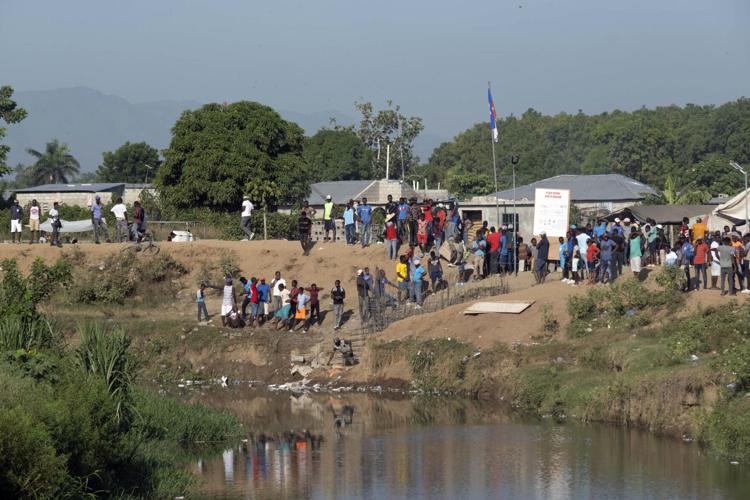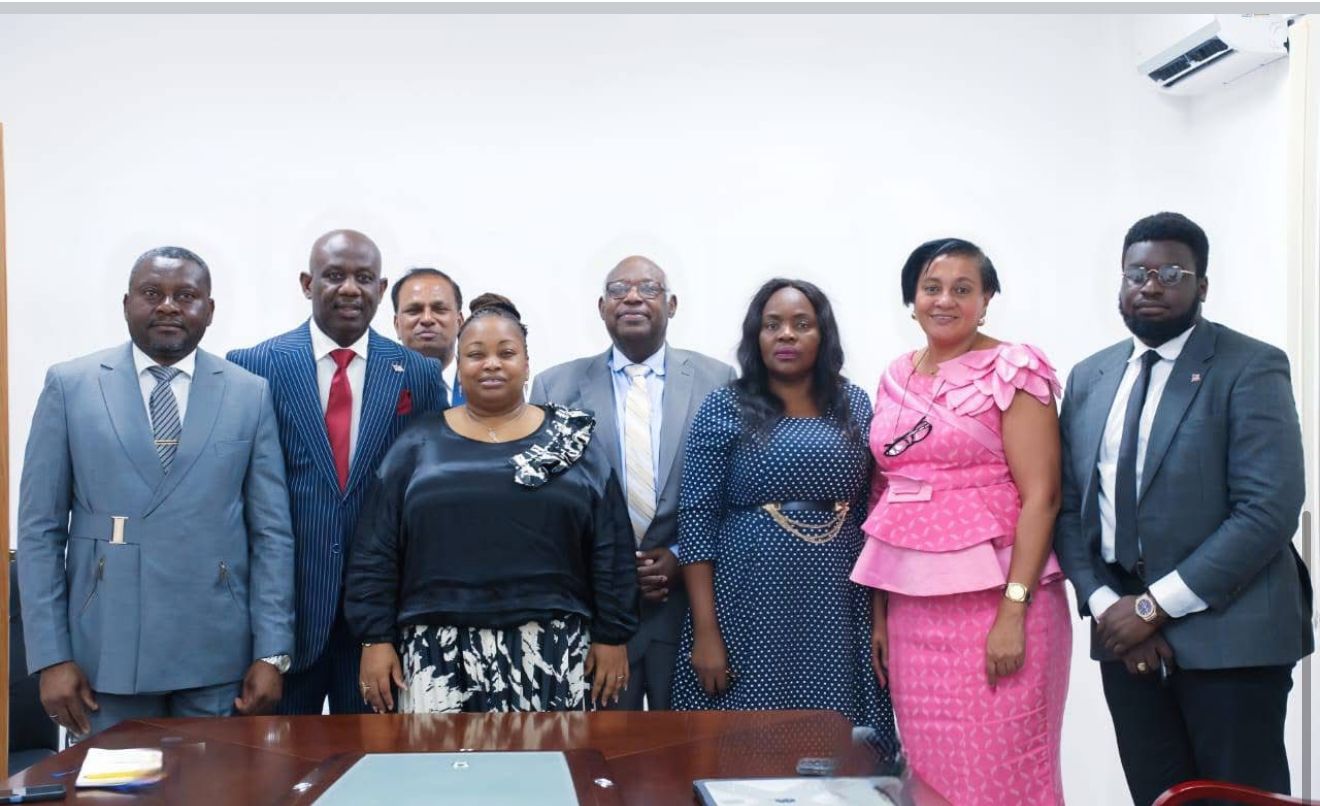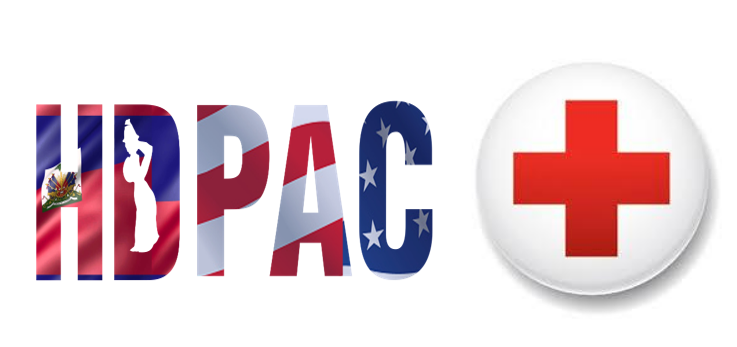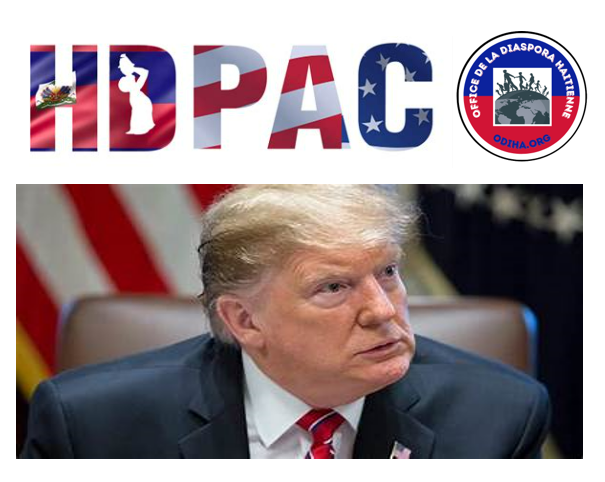By: Nathaniel Ballantyne
SANTO DOMINGO— Dominican President Luis Abinader told the United Nations he had no choice but to close its borders with Haiti to express his displeasure with the Haitian people’s decision to divert water from a river that runs from Haiti to the Dominican Republic.
Water is the most important resource. No one can survive without water, and this is not the first time two neighboring countries are fighting over water. The question is who has the first right to the water and how can this be resolved? So far, the Haitian government has doubled down and said publicly that the
construction of the canal will continue. Dominican President Luis Abinader has said the construction violates a treaty and that the canal would divert water from the Massacre River that runs along the border and affect Dominican farmers and the environment.
The massacre river runs from Haiti to the Dominican Republic and Haitian farmers for centuries have used this river as a water source for their crops in the Maribaroux plain. The problem emerged a few years ago when Moise Jovenel’s government decided to build a canal that would divert the river from the Dominican Republic. The work on the canal abruptly stopped after the brutal assassination of President Moise. After more than two years of inaction by the Haitian government, a group of Haitian farmers decided to complete the Canal. President Abinader claimed that diverting the river violates a standing and valid international treaty between Haiti and the Dominican Republic, but the Haitian government disagrees.
The Haitian government said on social media that the agriculture ministry is working with a group of Haitians building the canal so that it meets technical standards and ensures it would not negatively affect crops and people living in the nearby Maribaroux plain, which is under a drought.
The canal “MUST BE BUILT,” the government said in a series of posts on X, the social platform formerly known as Twitter. It added that “the ministry always remains available to sit with all sectors concerned in the construction of the canal for better planning of the construction sites. Without forgetting that mobilization is the expression of solidarity and patriotism of a population that shows the world that Haiti is an adult nation.”
“The idea of this project was never officially communicated to the Dominican government, nor was documentation provided regarding its size, its environmental impact, and the identity of its final beneficiaries,” Abinader said. He urged the immediate deployment of a foreign armed force to Haiti to help quell a surge in gang violence amid a rise in killings, rapes and kidnappings. “Now! Because time has run out,” Abinader said.
The statement is expected to further deepen long-simmering tensions between the two countries, which share the island of Hispaniola. The Dominican government also is reactivating an old canal on the Massacre River near Dajabon before it crosses into Haiti to ensure water for local farmers and residents. The project is expected to take a couple of months.
Abinader spoke at the United Nations’ General Assembly and said his administration has since April 2021 told Haitian authorities to halt work on the canal, which at the time was not considered a government project. “The idea of this project was never officially communicated to the Dominican government, nor was the documentation provided regarding its size, its environmental impact, and the identity Haitian Prime Minister Ariel Henry first requested such a force in October, but the U.N. Security Council has yet to act. Kenya has said it would lead a multinational force as it established diplomatic ties with Haiti on Wednesday.
The U.S. has said it would submit a U.N. resolution authorizing such a force. No timetable has been established. Canadian Prime Minister Justin Trudeau said Thursday that he had called on Henry to do more to engage and rally Haitians themselves around the prospect of international intervention, however, it takes shape. “We need to make sure that the Haitian people themselves are at the center of the path forward, regardless of how we define that path to be, and how we work to establish the right plan,” he said.






